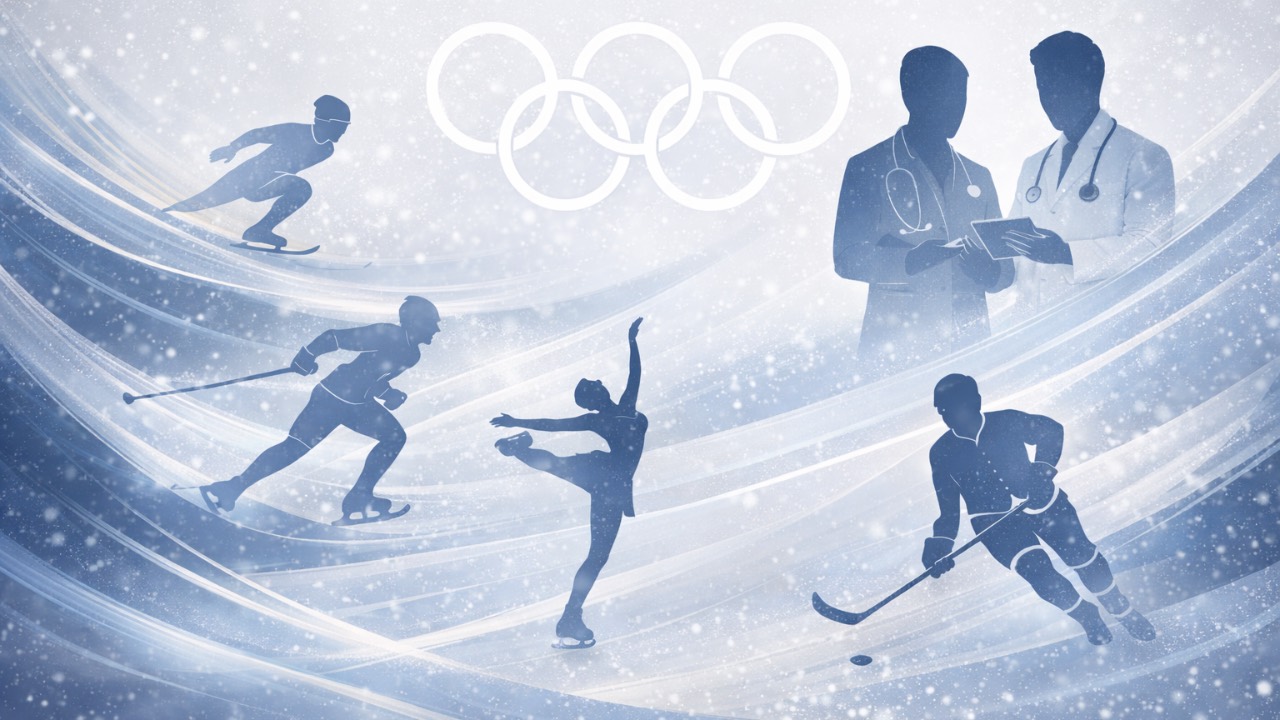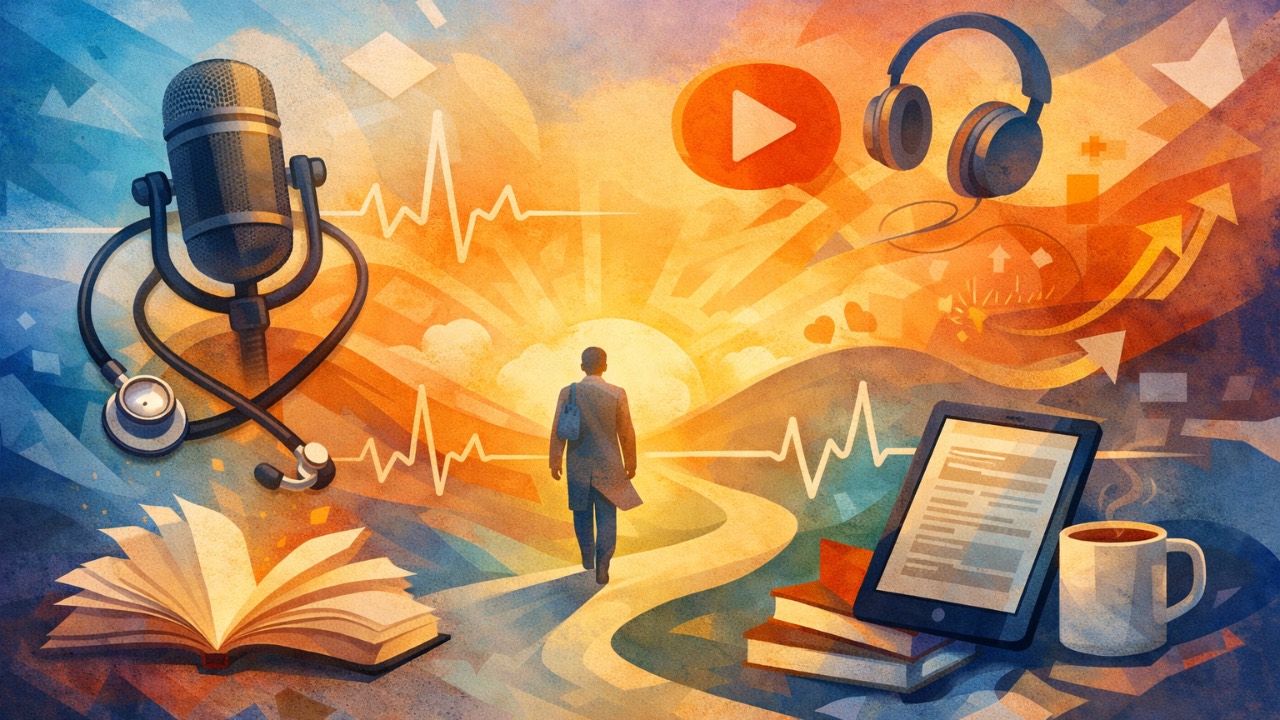When Winning Isn’t the Point (But You Win Anyway)

This week, Katie Ledecky, the most decorated female swimmer in history, did the “impossible.” At 28, she won the 800-meter freestyle at the World Championships, outperforming 18-year-old phenom Summer McIntosh. This was her seventh world title in the event, and she’s the only woman to win the same individual race at four consecutive Olympics.
Most people don't pay attention to swimming on non-Olympic years unless you have a connection to the sport. People should pay attendtion to Katie Ledecky.
But here’s why:
- She’s had FOUR coaches throughout her career, even after dominating her sport for over a decade. She seeks collaboration, not control.
- She treats practice like a race, embracing failure as a tool. (One coach says she’s “the most intentional athlete I’ve ever seen, down to the millisecond”).
- She defines success by incremental progress, not medals. Her mantra? “Every practice, I want to leave better than I came in.”
As physicians, we’re trained to achieve. We are taught to value top scores, expect nothing less the perfection.
But Ledecky’s success isn’t about obsessing over the finish line.
It is about trusting the process, leaning on mentors, and finding joy in the grind. Even when you’re already “the best.”
“It’s not about ‘being the best.’ It’s about being better than you were yesterday.”
— Kobe Bryant
Coach's Corner
Embracing the Journey
The last few posts have discussed the "I'll be happy when..." mindset many physicians develop during traing. This quick exercise will help you focus on the journey.
1️⃣ What’s ONE small skill or habit you could improve this week? (e.g., “Pausing 3 breaths before entering a patient’s room.”)
2️⃣ Who could help you refine it? A colleague? A coach? (Think: Ledecky’s quartet of coaches.)
3️⃣ What would “better” look like? Define it without tying it to a result. (e.g., “I’ll feel calmer,” not “I’ll avoid X complication.”)
Why Do We Resist the “Coaching” Mindset?
Ledecky, at the peak of her career and arguably the best, most knowledgeable distance swimmer ever, still works with coaches. Yet physicians often dismiss the idea of asking for help.
What is hold you you back?
Is it ego? Fear of vulnerability? The myth that asking for help equals weakness ?
Elite performers, athletes, CEOs, thriving physicians, don’t grow in isolation. They invest in support systems to sharpen their edge.
If you’re feeling stuck, burned out, or jus blah what could change if you embraced a “Ledecky mindset”?
Let’s Talk. Book a free 30-minute coaching consult with me, and we’ll map out your own “process improvement” plan.
Schedule Your Free Session Here
Stay curious,
Ben
Physician. Coach. Katie Ledecky Fan.






Responses